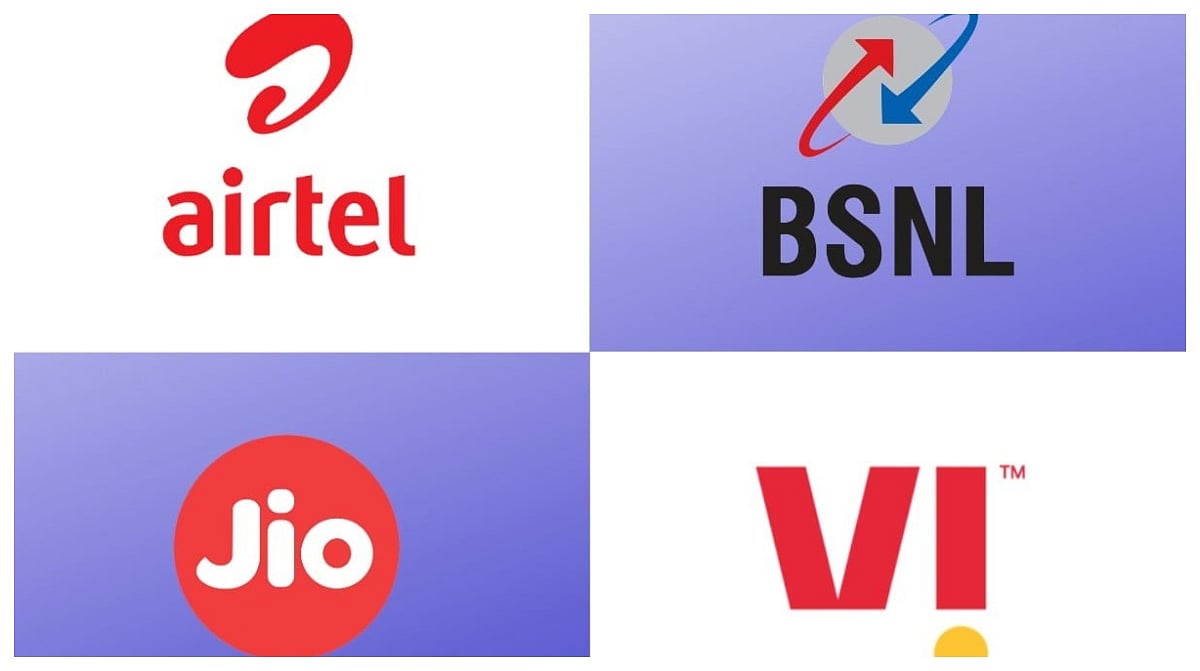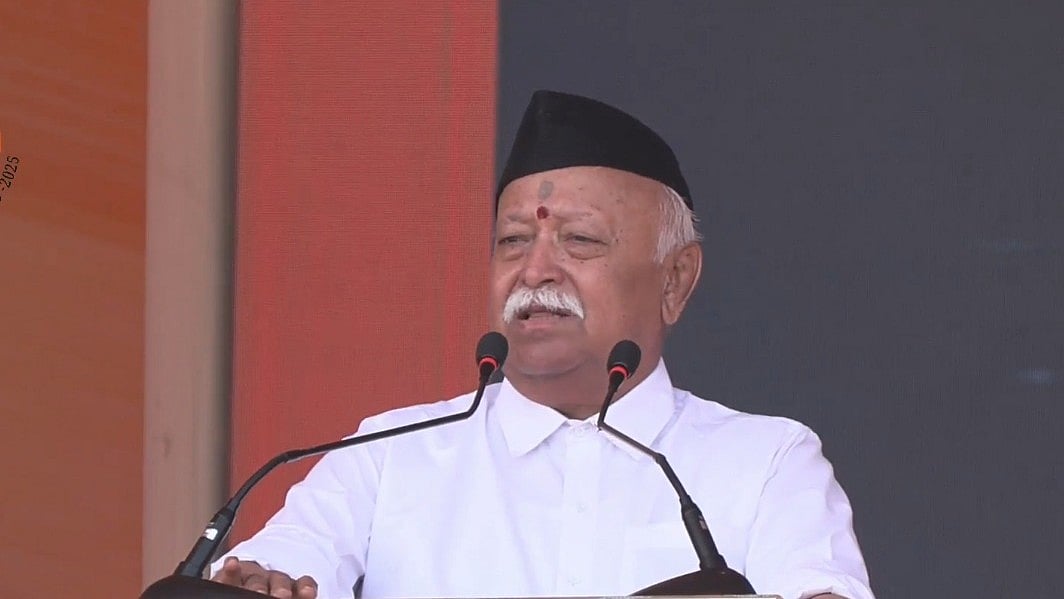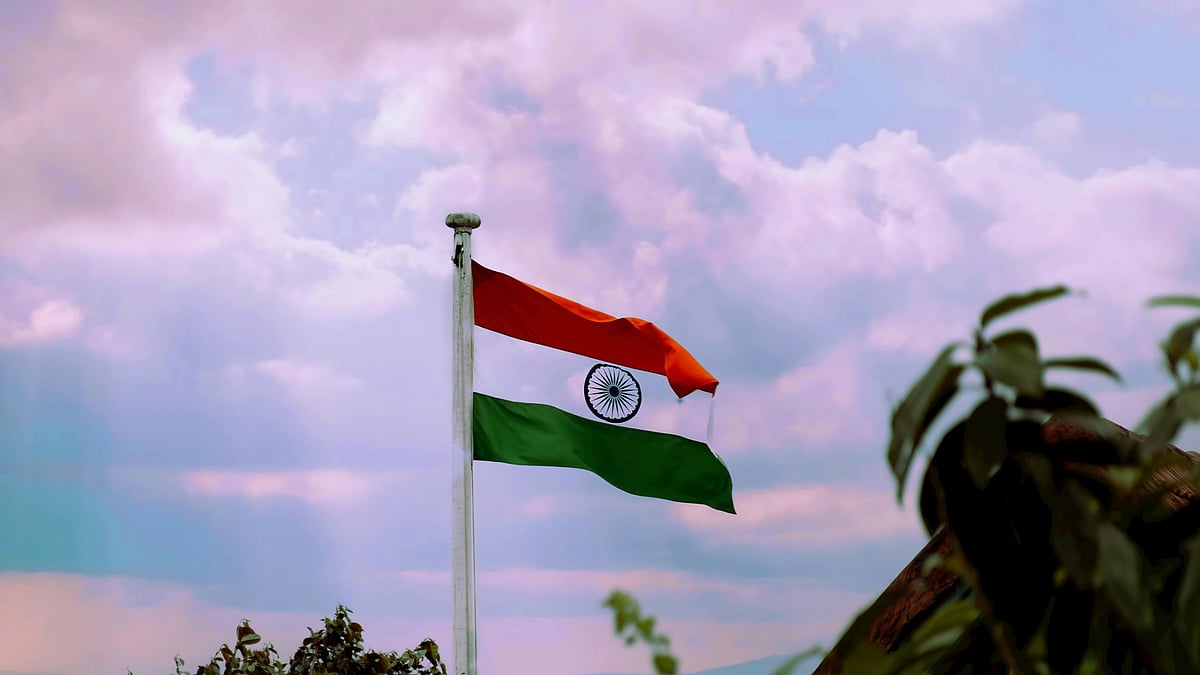Close on the heels of the government calling for a special session of Parliament between September 18 and 22, there came a report that the Centre has set up a committee headed by former President Ram Nath Kovind to look into the possibility of simultaneous elections for Lok Sabha and states together.
This has triggered several theories connecting the subsequent developments since the agenda for a special session is still under wraps.
The idea of one nation, one election is not really recent. It was being talked about and had been gaining ground for some years. Prime Minister Narendra Modi had also called for a discussion on simultaneous elections.
Reports that the former President has been asked to explore possibilities have further strengthened the belief that the government is keen to usher in simultaneous polls based on a common voters’ list.
Assembly polls are expected in five states towards the end of the year, and a Parliamentary election is likely due in May-June next year.
While several opposition parties are currently engaged in an effort to create a joint platform, they have exuded confidence in doing well in the coming state polls.
Now, the announcement of a special session of Parliament and the subsequent report of the formation of a committee has fired a fiery debate on whether elections at every level, including Lok Sabha, Vidhan Sabhas, and local panchayat level would benefit the ruling Bharatiya Janata Party alone.
Some commentators have joined the opposition in propagating another view that Parliamentary elections may be held earlier to bring national issues ahead of regional aspects.
There is no denying the fact that Modi stands way ahead in popularity at the national level than any other leader. Thus, there are some apprehensions that such a move may even lead to a one-party domination.
At the same time, some of the Central schemes and certain emotive issues may play a decisive role in deciding the people’s mandate.
Constitutional experts have pointed out that the introduction of one nation, and one election will need amendments of at least five articles of the Constitution.
According to the former secretary general of Lok Sabha, PDT Achary, articles that deal with subjects like duration of Houses, dissolution of Lok Sabha, duration of State Legislatures, Article pertaining to dissolution of the State Legislatures, and Article 356 relating to the imposition of President’s Rule in the states are among those that will need amendments.
Meanwhile, former Chief Election Commissioner, S Y Qureshi, reportedly has raised concerns about the possibility of the one nation, one election theory being applied to other aspects of the country’s governance.
Moreover, the implementation of simultaneous elections may face challenges in the event of the fall of a state government or if mid-term polls are suddenly required for some other reasons.
Qureshi also has questioned the feasibility of implementing one nation, one election concept across the country. He pointed out that it will require adjusting the terms of state assemblies. In addition, there are logistical challenges involved.
However, Qureshi acknowledged that conducting simultaneous elections would be convenient for the Election Commission. It would simplify the process as the voting list, voters, polling booths, district systems, and security measures could remain unchanged for five years.
On the other hand, there is worry that regional issues might get overshadowed by national issues, affecting the electoral outcome at the state level.
In order to implement the idea, it needs all political parties to reach a consensus. While both Houses of Parliament will have to pass the Bill with a two-thirds majority, at least 15 state assemblies will be required to pass a resolution in support.
So, in December 2022, the 22nd Law Commission of India drew a set of six questions for national political parties, bureaucrats, academicians, experts, and others on the issue. The outcome is still not known.
But as Qureshi too agreed, there are certain benefits of one nation, one election. Apart from the convenience of the Election Election, costs will be reduced significantly in case elections are held simultaneously, as pointed out by the law commission earlier. Extra costs are normally incurred with every round of elections.
The implementation of simultaneous polls will also bring down the pressure on the administration and security agencies. In case of multiple elections, men, vehicles and other paraphernalia have to be deployed over and over in election duties.
However, as mentioned, it is not a new concept that has come to the fore in recent times. Since Independence, elections have been held simultaneously four times during the 1950’s and 60's. But at the same time, it needs to be mentioned that there were fewer states in the country in those days and the number of voters were much less.
With the number of voters at about 90 crore and some 30 assemblies across the country, conducting simultaneous elections does appear to be a daunting task for the Election Commission.
But then, as it is said, when there is a will, there is a way. And in this case, the willingness is certainly more than evident.











